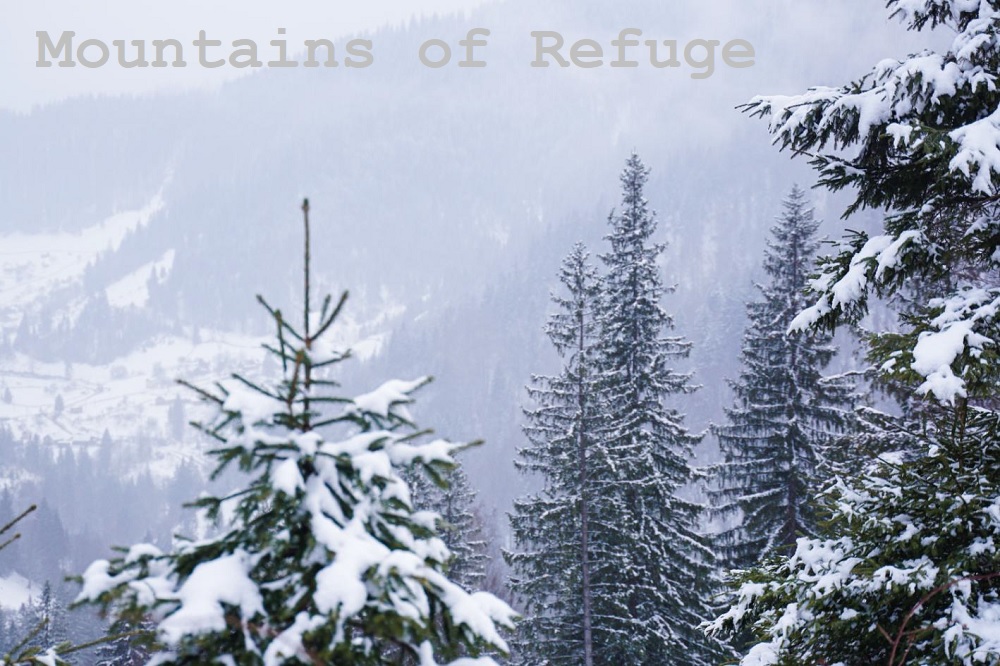Far up the curvy mountain roads, away from the cities and the bustle of life, where the only rushing thing is the winding river that gurgles and babbles over the stones, are little houses built against the steep mountain sides. The people of these mountains are like the countryside they live in, rugged and sturdy. They climb the steep paths with little effort, and their hearts burn with fierce loyalty to their country. Some call them “Gutzuls”, a name for the mountain people of Carpathians.
They live in simple houses and find satisfaction in their prized cows with their bells that roam the mountainside in the summer and eat the rich mountain hay in the winter. They heat their tiny houses with a pechka, a very versatile woodstove. It is upon these pechkas they cook their banosh, traditional corn mush, and it is in the depths of the pechka that they bake their bread. Nearly always you’ll find a kettle of water upon the stove, heating for a cup of tea, a sponge bath, or dish water. Freshly laundered clothes are hung by the pechka where the wood heat chases away the moisture.
The accent of these mountaineers clings thickly to their speech, distinguishing them from the rest of Ukraine’s population. They have a dialect of their own, a whole collection of words that belong exclusively to the mountain Gutzuls. They understand Russian, but rarely condescend to using the language of their enemies. During Soviet times they had been forced to speak it, but now they were free and speak only their mountain dialect. Read it all

